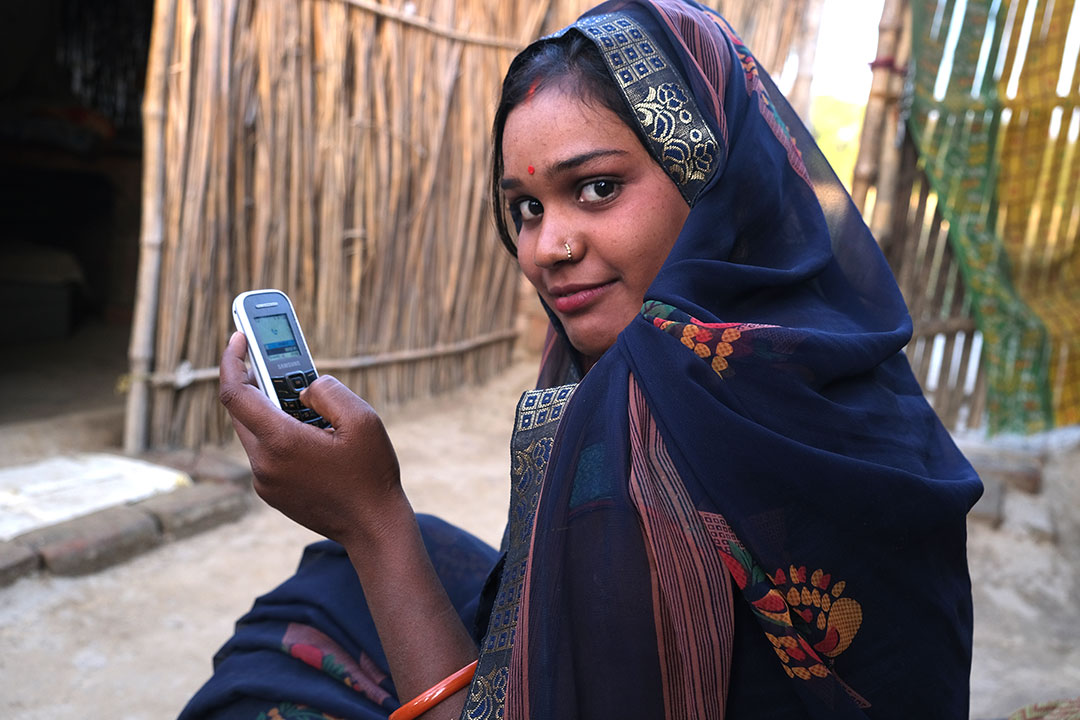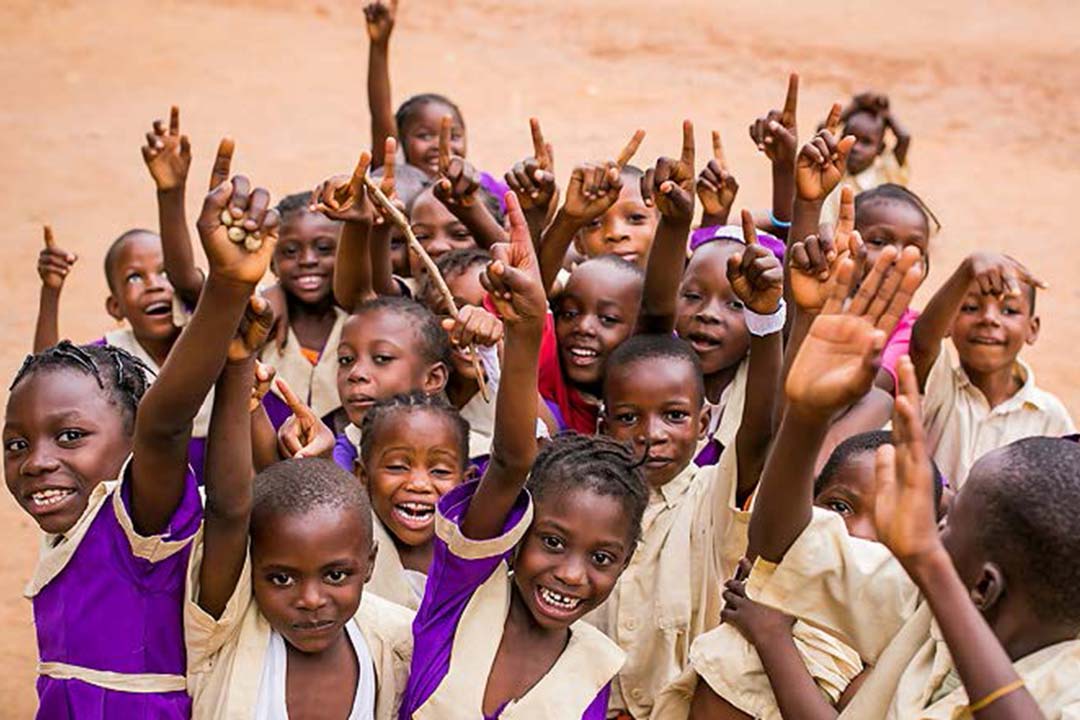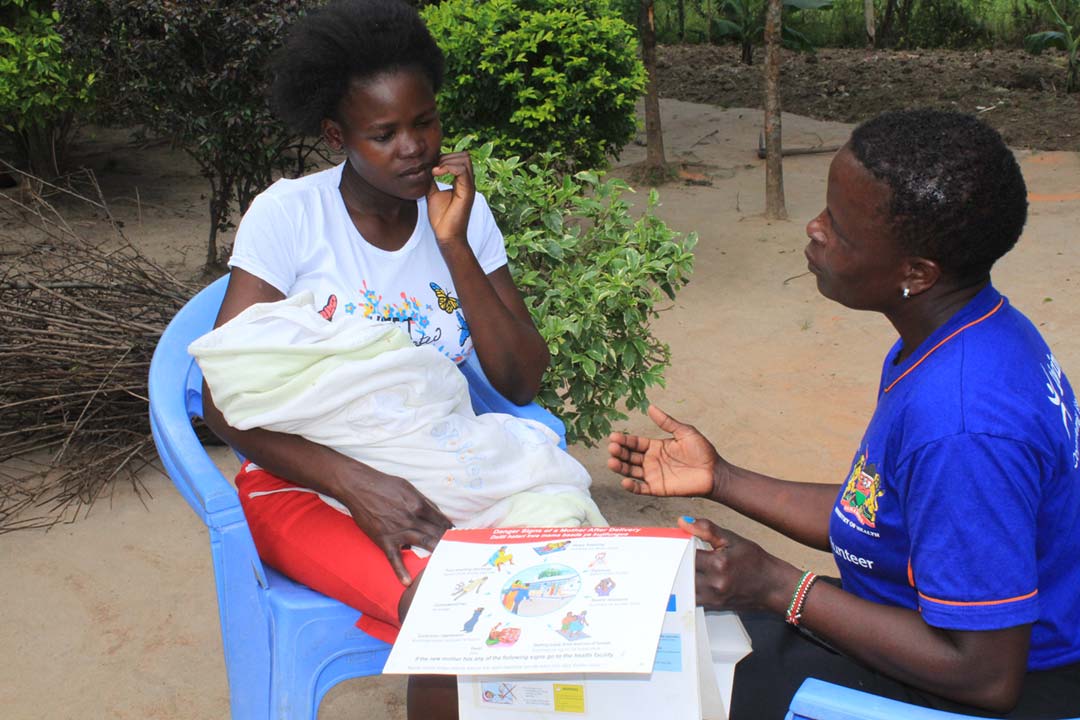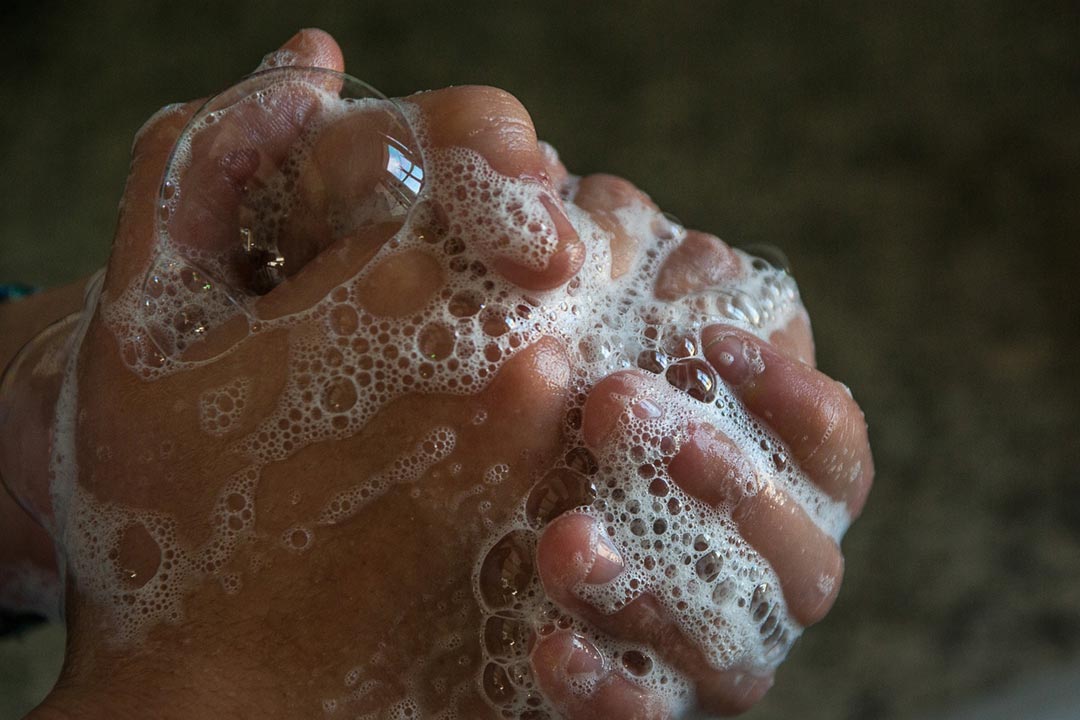Using mobile technology to save lives in India
A campaign using mobile phone calls and voice-note storytelling boosted immunisation and handwashing demand and uptake in Uttar Pradesh, India.
- 6 May 2024
- 5 min read
- by Edward Brydon

One simple phone call is helping to save lives and improve health in Uttar Pradesh, India.
In India alone, 146,000 children under five years old die from diarrhoea and pneumonia each year. That’s 6 deaths out of every 1,000 live births. The northern state of Uttar Pradesh has been particularly affected, with high prevalence recorded for both diarrhoea (15% compared to 1.8% in the least affected district) and pneumonia (57% compared to 13.7% in the districts with lowest incidence).
The campaign employed a voice-based broadcast model to deliver simple, consistent and entertaining messages that delivered vital information about immunisation and handwashing to parents in Uttar Pradesh, India.
Broadcasting via mobile phones is making a difference. Combining audio dramas on vaccination and hygiene, personalised messages, mobile reminders and regular group dial-in calls with health care providers, a new campaign has helped change behaviour in the region. It raised immunisation awareness among carers, and got more parents to use vaccination and handwashing with soap. These interventions can be vital in protecting children under five from illness and death.
Why a mobile-first campaign can be successful
Mobile phones have high penetration in India. In a population of 1.4 billion, there are 1.2 billion mobile users. Moreover, people are increasingly using mobile phone technology to look after their health and wellbeing. By 2020, health app downloads had increased by 38% year-on-year in India, reaching 76 million downloads in 2021.
However, around 56% of people in India use a feature phone. These have more limited functions than smartphones, but do have multimedia capability and internet access, in addition to voice calling and texting.
Recognising that lack of access to the latest mobile technology should not be a barrier to health, Gavi, the Vaccine Alliance and Unilever Lifebuoy adopted a mobile-first voice messaging approach in the third phase of their Safal Shuruaat (Successful Beginnings) handwashing and vaccination awareness programme for carers. This phase of the programme was an opportunity to design interventions that could be easily scaled and replicated.
Tailored voice calls to change health behaviour
The campaign employed a voice-based broadcast model to deliver simple, consistent and entertaining messages that delivered vital information about immunisation and handwashing to parents in Uttar Pradesh, India.
Parents known to their health care workers were the first to be signed up to the campaign’s voice service platform. This meant that those signing up had existing health data on record. Over seven months, the parents received one audio drama story each week on the themes of handwashing and vaccination, as well as personalised reminders.
Have you read?
These finely crafted messages were framed in terms of success, using the idea of thriving children and good parenting to inspire behavioural change. They fell into in three categories:
- Reinforcing parental identity and their wish for the health and success of their child by being the best parents they can be;
- Highlighting the number of people who had engaged in these health behaviours in the local area as a social norm or proof; and
- Inspiring commitment by asking for and reminding parents of their duty to protect their child through vaccination and handwashing, and holding themselves accountable to that.
They also received messages tailored towards their children, using the child’s name, date of birth and vaccination schedule. Reminder calls prior to the immunisation day have helped reduce the incidence of missed vaccinations: “It has made it so much easier for me to plan my day accordingly and I never miss my child’s immunisation now,” said Ruchi, from Khajuah Village, Fatehpur.
There’s a deliberate link highlighted here that one local doctor believes to be important for facilitating behaviour change: “It was essential to leave enough time before messages to allow parents to plan, but not so long that it was too far removed from the deadline. Following the vaccination date, parents were either congratulated for completing doses or encouraged to contact their local health worker if they missed the appointment,” he said.
Changing behaviour changes lives
Some 3.8 million calls reached more than 370,000 people across 831 villages in Uttar Pradesh with more than 57,000 engaged users enrolling in the programme. Engagement increased throughout the programme. In the last phase almost 90% of parents reported listening to most or all of the calls.
Group dial-in sessions, known as mSamvaad calls, where the ‘m’ stands for mobile and ‘Samvaad’ is literacy or knowledge, helped to ensure parents felt broad and continued support by offering them a chance to ask a health care professional their pressing questions. Such continued and consistent engagement is crucial for behavioural change to become embedded.
“This shows that parents are progressing with the next steps of their child’s health, beyond the programme, seeing their child’s health as a critical precursor to a successful beginning,” said Dr Nilesh Chatterjee, Senior Behaviour Change Specialist.
The programme results were impressive. Total compliance for pentavalent and rotavirus vaccines increased by more than 30% points in the intervention areas. Just three zero-dose cases were observed across all four monitoring visits.
The incidences of handwashing also increased before breastfeeding (64% compared to just 13% in the control group) and after defecating (92% compared with 60% in the control group).
These behavioural changes extended to the role of the father by promoting joint responsibility of both parents, where applicable, in looking after the health of their children. Fathers played with their children, took them for immunisation and helped the mothers more with childcare.
In an era where many more people are connected by technology, public health strategies using digital or mobile-first approaches cost less and are easier to implement and scale up than traditional media advertising and sophisticated digital campaigns.
Augustin Flory, Managing Director, Innovative Partnerships & Development Finance said: “The power of voice calls is still a profound and key enabler of behavioural change. The simplicity of the technology makes it possible to reach many more communities, parents and carers in lower-income communities or underserved areas with more limited access to smartphone technology. All this ultimately helps to reduce vaccine-preventable deaths. This means that together, and through leading initiatives like Safal Shuruaat, we can ensure that no child is left behind.”








